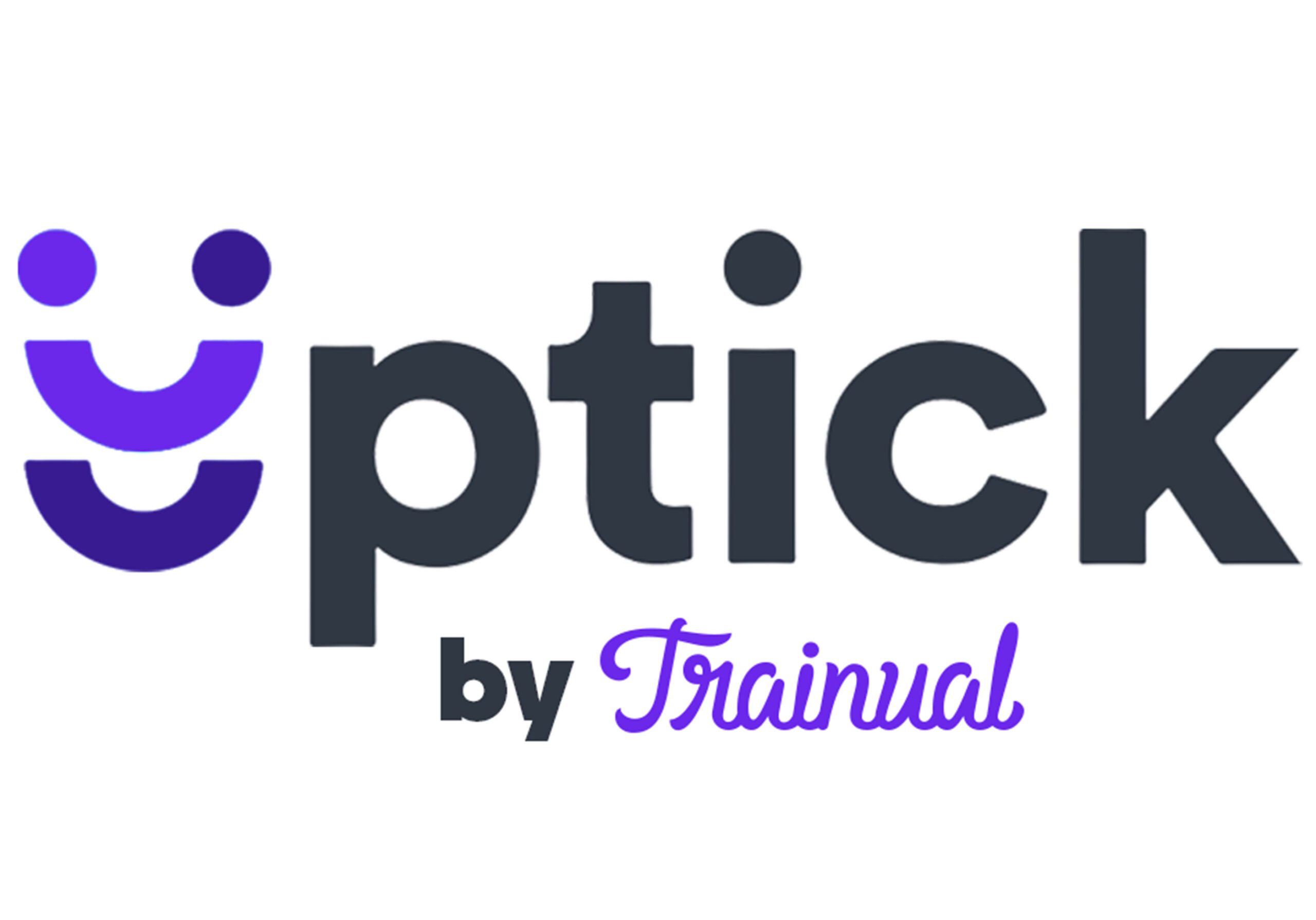Every once in a while, as I explain what I do with Uptick, I am asked, “Don’t we have enough meetings already? Why should we have one-on-ones?” Great question! As a general rule I am not a big fan of more meetings either. But one-on-ones are different, and to answer the question, I have to start with my own “why”, and it starts with what I believe.
My “Why”
I believe that every person is created with a unique set of gifts and abilities, and that they deserve to work in a place that is fulfilling, safe, productive and encouraging. They deserve to know what’s expected of them and should have the proper resources available to meet those expectations. A place to love and be loved, a place serve and be served, a place to know and be known. A place that develops them, celebrates them and provides the platform for them to be their best selves doing their best work.
Some of you resonate with this, and some of you just rolled your eyes. I get it. Promises like this sound like platitudes, and they ARE if we don’t plan for them to be otherwise. I mean, for many of us, this philosophy not only wasn’t taught, it wasn’t modeled. In fact, perhaps the opposite was modeled.
Because today’s workforce demands more
Back in the day, (and some of you may still view work this way), you showed up at work, followed the direction of your boss, kept your head down, worked hard and hopefully got rewarded in the end. You sacrificed, in some ways, the present for the future. I would go further to say you were asked to sacrifice a known present for an unknown future – which is a little scary.
The bulk of your future workforce, if it’s not already, are millennials (currently between 25 and 40). They have their own characteristics of course, but they have influenced the workplace as a whole.
- 87% value growth and professional development on the job.
- More important to them than money, vacation and fancy coffee bars!
- They’re not loyal to a company simply because they got hired by you. You have to earn your authority.
- The job market is wide open for them, so they have no problem leaving, and they may not even tell you why!
- They’re generally unwilling to “gut it out” with no visible path to “better”.
Because structure matters
So, an unstructured “hey, you have anything you need to chat about?” or a simple status meeting doesn’t work. Why? Because:
- It puts the entire impetus on them to bring up significant issues more or less off the top of their head (which feels bad and very one-sided)
- I makes the meeting more problem solving than relationship building
- Because they know you’re busy and don’t want to feel like a burden.
So having regular, scheduled one-on-ones where they have the opportunity to contribute to the conversation, but neither drive it nor be a passenger, is very important. As a manager, letting them know you have blocked out regular time for them and are contributing energy to their growth and development completely changes the game. Trust is built, which gives you a lot more grace when times get hard.
Because one-on-ones are not just for GIVING feedback, but also for GETTING feedback
Trust me. I get it. Some of you’ve been doing this job a long time and you’re smart. Most of you THINK you know what’s going on with the team. But you don’t…not fully anyway.
Taking the time to develop, intentionally, the relationships on your team seems tedious at the time. But it reaps incredible dividends. Remember, however that it’s not a microwave – give it time – 8 weeks at least– to see some of the benefits. For some folks it takes a while to get them to open up, but you can help develop this trust by remembering:
- Be curious.
- Ask questions. about you, your leadership, the team, important projects. Get their input – they know more than they’ll let on.
- Follow up. Intentionally.
- Seek understanding before being understood.
- Be specific about both praise and critique.
A shameless plug, because it will help you
And as I said, people want to be known. For the good and the bad. In an atmosphere where there is trust, they will actually want accountability. In order to lead well, I have to actually keep track of what we’re talking about. But because I forget things, especially in the midst of the tyranny of the urgent, having everything with light structure and all in one place was TREMENDOUSLY helpful to me. This is where Uptick comes in.
At Uptick we do quarterly reviews, and a few years ago one of the high performing guys on my team had done a great job the first two months of the quarter, but he ended with a bad month. It was almost like he took a nap for 30 days! Well, when review time came, what do you suppose I remembered? The two great months he had? Nope, the nap.
Fortunately, when I looked through what we’d written in our one-on-ones, I was able to both praise his first two months of the quarter and address the last one. By having the information at my fingertips our trust was further strengthened on both accounts, and he hasn’t had a quarter like that since.
Why? Because he felt seen and known. If I don’t have a place to go to remember what I’ve forgotten and I continually ask for a recap, that will contribute to my team member’s feeling of being anonymous and a “pawn”. And when review time comes, “recency bias” will rule. In the case above, Uptick saved me.
If you want to learn more about Uptick’s features, you can find the information here. And if you want to try Uptick for free, click here.
Because you don’t want to be a lazy manager
For years my own lack of structure was less about helping my team members and more about me being a lazy manager. In recent years, as I have some substance to my one-on-ones, I can see that I am serving my team members well and serving the company well. And while we are by no means perfect, together we’re building the culture we all want to live in.
I’d love to hear your thoughts! You can DM me on Twitter here. Let’s start a conversation!


